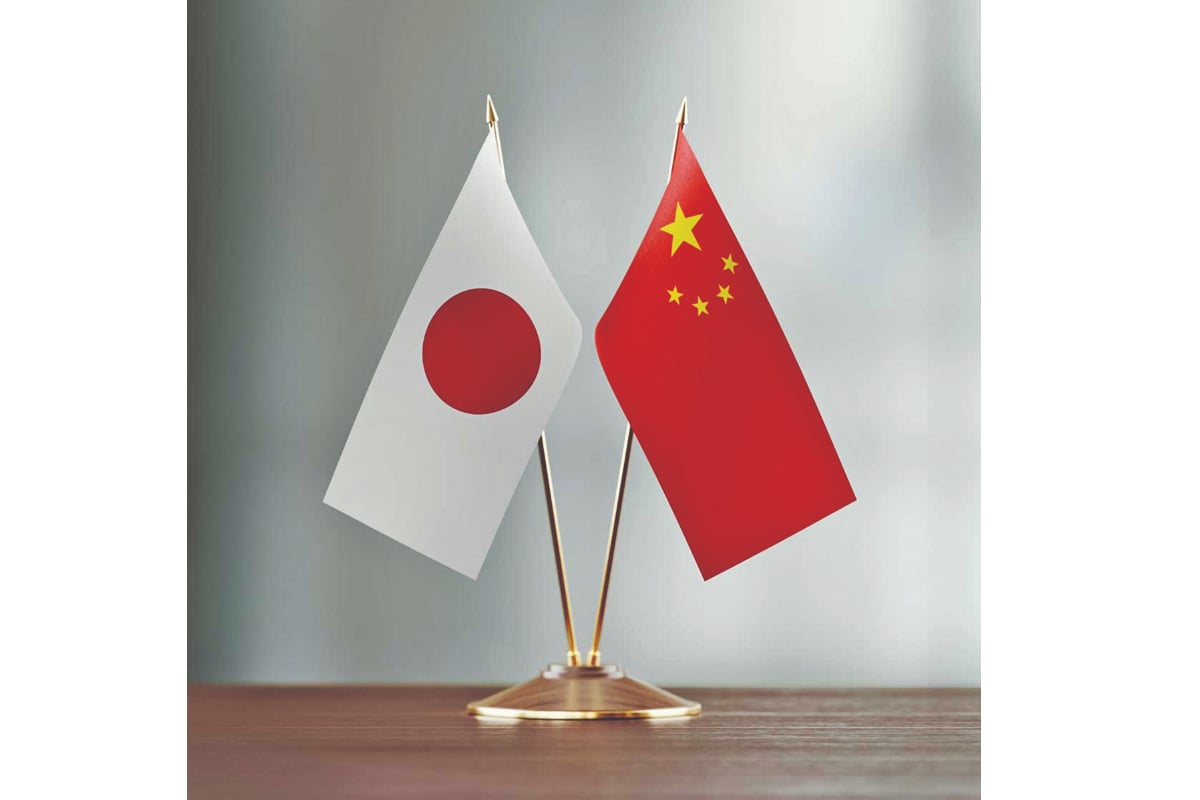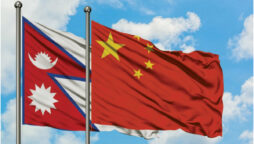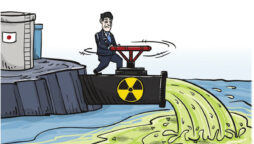
China-Japan: A 30-year family friendship
Osaka’s businessman says Xi has long shown a devotion to people’s wellbeing
Osaka businessman Hiroaki Tsukamoto refers to President Xi Jinping as a 30-year friend of the family. The 63-year-old said their dealings have given him deep insight into how Xi has devoted himself to “delivering a better life to people”.
“President Xi bridges me and my family with China,” he said. “My father introduced him to me, and ever since then, our bond has grown stronger.
“In my dealings with (Xi), he has always cared more about the overall situation of people, about their welfare, about their happiness and wellbeing.”
The friendship between the Tsukamoto family, Xi and China goes back to the 1980s, when Tsukamoto’s father, Yukishi Tsukamoto, was one of two foreigners who set up a company in Fuzhou, Fujian province, that made mobile homes.
Hiroaki Tsukamoto vividly recalled Xi’s first visit to his family in Japan in 1991, when Xi was Party secretary of Fuzhou. “With his charisma, Xi enchanted my family,” he said.
“I guess that even in those early days, the idea of delivering a better life to people and building a society of common prosperity was forming in his mind.”
Tsukamoto’s feeling that Xi is devoted to delivering a better life to people was borne out by Xi’s only visit to Japan as president while attending the Group of 20 summit in Osaka in 2019.
In a speech titled “Working Together to Build a High-Quality World Economy” that Xi gave at the summit, he said: “We must keep in mind our shared future. By expanding common interests and taking a long-term view, we can realise enduring peace and prosperity in the world and deliver a better life to all our people.”
It appears that Xi’s concerns for improving people’s lives go back even further than Tsukamoto might have imagined.
In a speech in June to the High-level Dialogue on Global Development, Xi told of his being a farmer on the Loess Plateau in north-central China.
“In the late 1960s I worked as a farmer in a small village on the Loess Plateau. There I experienced firsthand the hardships in farming and saw how the local people struggled to make ends meet.
“Their longing for a better life has stayed in my mind ever since. Half a century later, I revisited the village and found the villagers no longer in want of food or clothing, as evidenced by the smiles on their faces. As an ancient Chinese saying goes, ‘Only when the granary is full will people learn etiquette; only when people are well-fed and clothed will they know honour and shame.’
“Throughout the years I have been to cities, towns and villages across China and visited many countries. One of my deep impressions is that only through continuous development can people’s dream for a better life and social stability be realised.”
Xi’s pursuit of delivering a better life to people was also demonstrated in his 2019 visit to Japan when he reached a number of agreements with the Japanese leadership, such as building “a bilateral relationship that fits the needs of the new era”, and deepened collaboration in trade, investment, third-party markets and scientific and technological innovation, creating new growth areas for collaboration and leading regional economic integration.
Xi also had emphasised economic ties and people-to-people cultural exchanges when he met with then Japanese prime minister Shinzo Abe.
“China welcomes Japanese businesses to actively expand cooperation with China and share new opportunities brought by China’s development,” Xi told Abe, saying that the joint development of the Belt and Road had opened up a vast space for mutually beneficial collaboration between China and Japan, and that China welcomed Japan’s participation in the initiative.
On people-to-people and cultural exchanges, Xi said the two countries should strengthen their ties, enhance youth exchanges and promote mutual understanding and amity between the two peoples.
Since then the China-Japan relationship has endured the test of the Covid-19 pandemic, in which the importance of their intertwined economic ties and mutual cultural resonance became even clearer.
During the early days of the pandemic, many Chinese were moved by the saying that “even though the landscapes are diverse, we share the wind and moon under the same sky”. It was written about 1,300 years ago by a Japanese prince and was quoted by a Japanese organization when it sent masks and infrared thermometers to China.
When Japan was later hit hard by the pandemic, the central and local governments of China, as well as Chinese companies and civil society groups, donated more than 9 million masks, 98,000 items of other protective gear and 175,000 medical gloves to Japan in just two months.
Japan’s Ministry of Finance said that from January to September 2020, in the shadow of the pandemic, Japan’s direct investment in China accounted for 26.9 per cent of its total foreign direct investment in Asia, compared with 21.8 per cent in 2019.
In the first 10 months of 2020, the value of Japan’s exports to the world fell 11.8 per cent. The value of its exports to the United States fell 19.1 per cent, to the European Union by 16.5 per cent and to member nations of the Association of Southeast Asian Nations by 15.3 per cent. In the same year, Japan’s exports to China plunged between January and April, but rose from May to October, compared with the corresponding period of 2019. Consequently, in the first 10 months of 2020, Japan’s exports to China cumulatively rose 3.3 per cent, compared with the corresponding period in 2019.
Three years into the pandemic, the value of trade between China and Japan remains robust, with its total value rising 15.1 per cent last year.
The world’s largest free trade zone, the Regional Comprehensive Economic Partnership, which took effect in January and comprises 15 countries including China, Japan and South Korea, has also helped promote economic interdependence between China and Japan.
“Many people say they could not have imagined what China would achieve over the years, but I foresaw it 30 years ago,” said Yoshio Tanaka, who also accompanied Xi during his trip to Japan in 1991, and who is a consultant with the Japan-China Friendship Association in Kanagawa prefecture.
Tanaka said that in his dealings with Xi over 30 years, he has found that the Chinese leader is dedicated not only to the well-being of ordinary people but also to people’s future, particularly that of young people.
“I think that’s why China can win the battles to eradicate extreme poverty and build a moderately prosperous society in all respects under his strong leadership,” Tanaka said.
“I can see that from the characteristics of (Communist Party of China) leaders like Xi. He is a real leader, a solid and tough man and a man of his word.”
In the 2019 trip, Xi also changed the life of Daichi Nakashima, a prize winner in the Panda Cup Japan Youth Essay Contest, who had written to Xi before the president visited Japan.
In his letter, Nakashima extended his good wishes to Xi and said he was keen to devote himself to the cause of China-Japan friendship.
In reply, Xi said he was glad to see Nakashima had been studying Chinese language and literature for a long time and encouraged young people in China and Japan to make contributions to relations between the two countries. Friendship between the two countries is rooted in people, and the future of the friendship lies in the hands of the young, he said.
“When I wrote the letter, I had not expected to receive a reply,” Nakashima said. “So when I did I was delighted and honored.”
Nakashima said he was greatly encouraged by Xi, adding that he regarded it as his mission to make positive contributions to improving bilateral ties.
Courtesy: China Daily
Xi extends sympathy to Japanese prime minister
Chinese President Xi Jinping on August 22 sent a message of sympathy to Japanese Prime Minister Fumio Kishida over the latter’s Covid-19 infection.
In his message, Xi said that upon learning of Kishida’s infection with the coronavirus, he would like to extend his sincere sympathy to the prime minister, and wish him a speedy recovery.
Noting that this year marks the 50th anniversary of the normalisation of China-Japan diplomatic relations, Xi said he would like to work with Kishida to promote the building of China-Japan relations that meet the needs of the new era.
Chinese Premier Li Keqiang also sent a message to Kishida to express his sympathy on the same day.
Catch all the Breaking News Event and Latest News Updates on The BOL News
Download The BOL News App to get the Daily News Update & Live News.












 Read the complete story text.
Read the complete story text. Listen to audio of the story.
Listen to audio of the story.